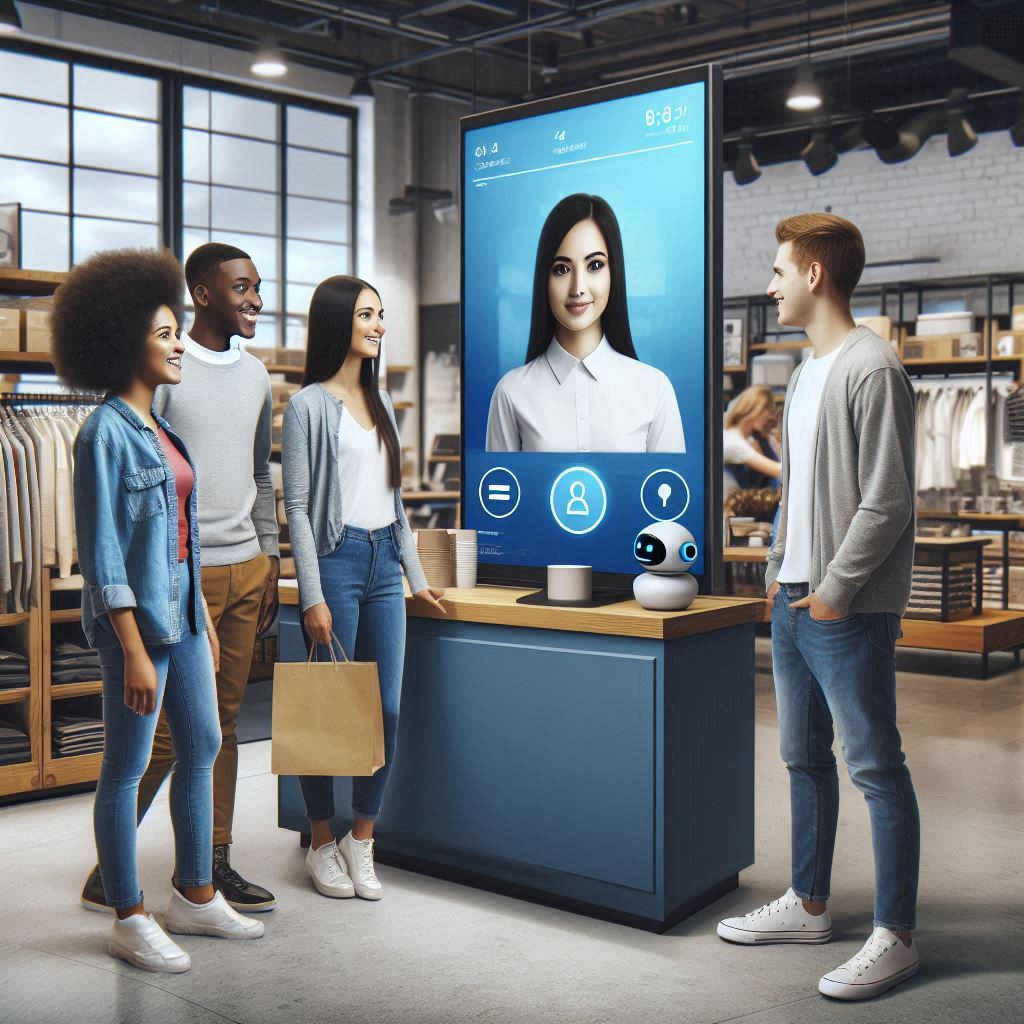Creating a positive workplace is more than just good management; it’s about fostering a culture where people feel seen, respected, and valued. In industries like contract cleaning, food service, and facilities management, where employees often operate behind the scenes, recognising their efforts is essential to building a motivated and engaged workforce.
“True happiness at work doesn’t come from getting paid; it comes from feeling valued.” – Salwa Albertyn
This insight reflects a truth often overlooked in corporate environments: while salaries and benefits are important, they alone don’t guarantee loyalty or satisfaction. Rather, employees thrive when they are genuinely appreciated, understood, and trusted to do their jobs well.
Why positive workplaces outperform
The traditional focus on performance metrics and productivity can sometimes push employee wellbeing to the sidelines. However, by shifting attention to respect, communication, and recognition, businesses unlock stronger team dynamics, reduced turnover, and higher morale.
Importantly, this isn’t about flashy perks; it’s about people-first leadership.
Building a culture of respect
At the core of a positive workplace culture is respect. It begins with treating employees, regardless of role, with dignity. Whether ensuring fair shift scheduling, offering support during personal challenges, or simply listening, these actions reinforce an employee’s worth to the organisation.
Small, everyday gestures—like a genuine check-in or a flexible work arrangement—often speak louder than corporate incentives.
Positive workplaces rely on clear communication
To foster confidence and ownership, leaders must communicate expectations and vision clearly. Employees who understand the bigger picture feel connected to the organisation’s purpose. A cleaner, for instance, who realises that their work helps maintain safe environments, finds pride in their role rather than seeing it as routine.
Communication transforms tasks into meaningful contributions.
Recognition as a driver of loyalty
Another cornerstone of a positive workplace is regular, sincere recognition. It doesn’t need to be grand. Public acknowledgement, a handwritten note, or a shout-out in a meeting can go a long way. What matters is that employees know their hard work matters.
Without recognition, teams may feel invisible; with it, they feel motivated and loyal.
Trust empowers employee potential
Employees flourish when trusted to do their jobs without constant oversight. Micromanagement sends the message that they are not capable. Instead, guiding and empowering teams to take initiative fosters accountability and innovation.
Trust is not just good for morale; it improves outcomes.
Help employees find purpose
People want to know that their work means something. In often-overlooked roles like facilities or cleaning services, leaders have the unique opportunity to help staff connect their daily responsibilities with broader impact.
When employees understand how they contribute to safety, wellbeing, or community standards, they find more purpose in their work.
Leadership that creates a positive workplace
The ripple effect of strong leadership cannot be overstated. Great leaders don’t just drive results; they build cultures. Below are five traits every leader should embody to cultivate a thriving environment:
- Empathy – Understand and acknowledge the daily challenges your employees face.
- Authenticity – Be real. Transparency builds trust.
- Adaptability – Lead your team through change with agility.
- Consistency – Provide reliable guidance and recognition.
- Encouragement – Inspire belief in their abilities and purpose.
The value of feeling valued
Creating a positive workplace isn’t a one-time initiative—it’s a daily commitment. When employees feel respected, trusted, and recognised, they don’t just perform better; they become ambassadors for a workplace culture that values people above all else.
Ultimately, leadership is not about hierarchy. It’s about service. And the most powerful thing a leader can do is cheer on the success of others.
“Never forget, the greatest investment we can make is in the people who make our business possible.” – Salwa Albertyn
By Salwa Albertyn, Group Human Resources Executive – Empact Group











Leave a Reply